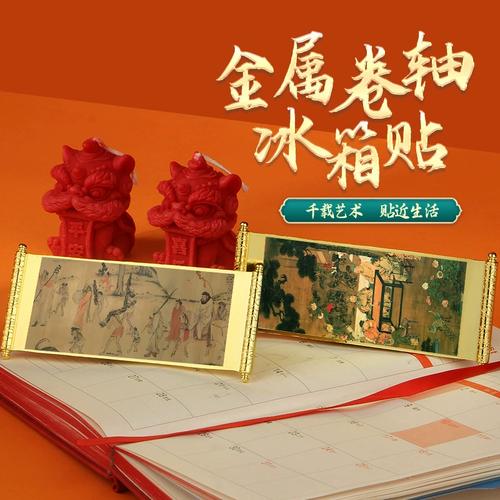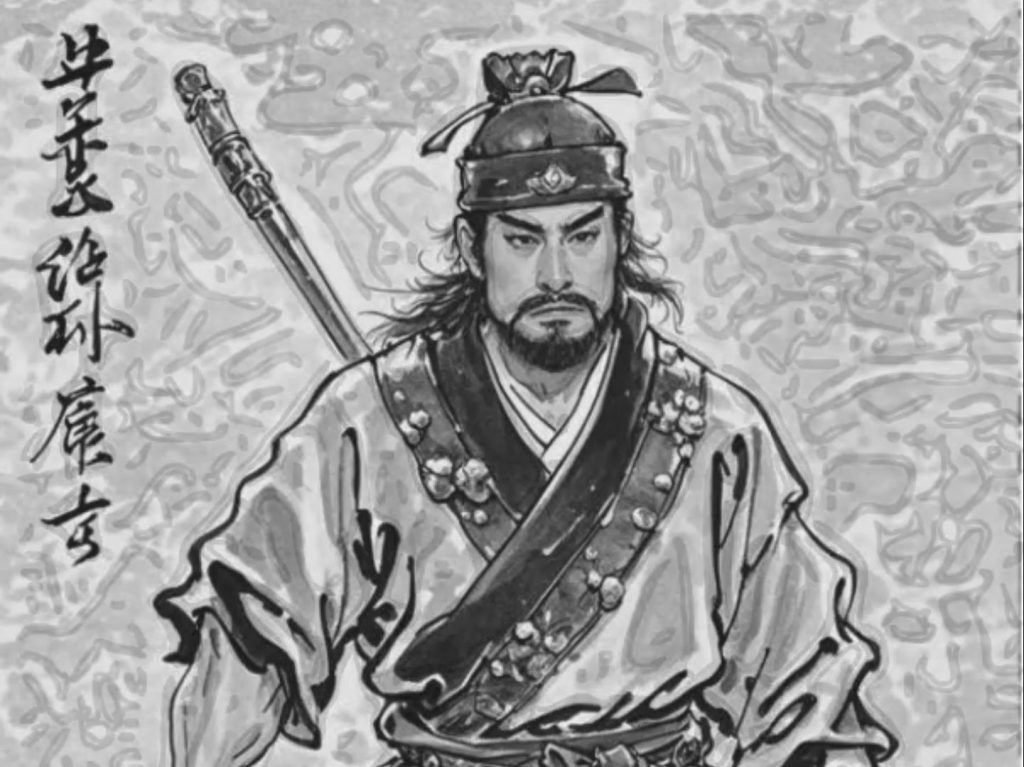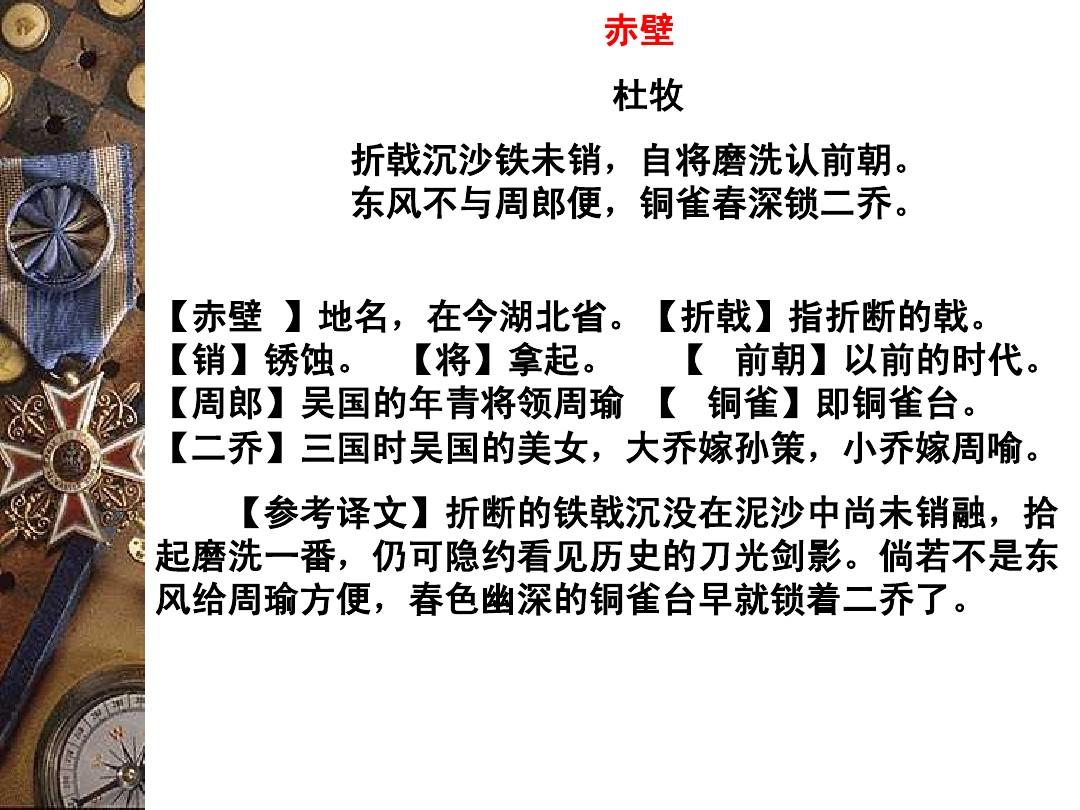Lu You, also known as Wuguan and Fangweng, was the grandson of Lu Dian, the Right Censor of the Imperial Secretariat. He was born at the time of the downfall of the Northern Song Dynasty and was a patriotic poet of the Southern Song Dynasty. He spent the first half of his life walking on the vast land of his motherland, and the second half of his life completing the most tragic wait for a brave warrior. Below, the History Encyclopedia editor brings you Lu You’s poetry about books to share with you.

Throughout his life, Lu You devoted himself to writing and achieved outstanding artistic accomplishments in both poetry and literature. His personally compiled “Jiannan Poetry Manuscripts” alone collected 9344 poems, as well as 50 volumes of “Weinan Collected Works,” 10 volumes of “Notes from the Old Learning Temple,” and “Southern Tang Book,” making him a renowned figure in the poetry world of ancient and modern times.
This is due to his lifelong pursuit, persistent love for books, collection of books, and extensive reading, which can be seen from Lu You’s poetry about books.
Lu You’s love and obsession with books have reached an unparalleled level, it can be said that he is obsessed with them. He wrote at the beginning of his poem “The Book of Money”: “The scholar has a strong habit of reading books and is extremely fond of them.” Lu Fangweng was not afraid of this at all. He called himself a “bookworm” and “bookworm,” and took pride in it.

Release Weng Bai’s head and return to Shanqu, lonely Hengmen’s house is filled with books.
The cold taste of quinoa soup, wheat rice is worth five carts of books in one’s life.
……
Customers are not afraid of comic book enthusiasts, and ultimately win over toothpicks that have not yet been touched.
——Lu You’s “Reading”
His house is filled with books, but he still feels inadequate. Even if it’s just a simple meal, he has to collect the “five carts of books”. When guests visit, he’s not afraid of being laughed at as a “bookworm”.
Eternal life has passed away as a guest, and love for books pays for future life.
——Lu You’s “Spring Night Reading”
Not only love books in this life, but also in the next life.
Not loving books means wanting to die, Ren Congren laughed and wrote books.
——Lu You’s “Reading on Cold Nights Part 2”
I love books in my old age and never tire of them, but I fear falling into the fish in my next life.
——Lu You’s “Reading on Cold Nights. Part One”
Even if people laugh at him for being a ‘bookworm’, Lu You is willing to be a ‘fish’ that devours books. His love for books is sincere and sincere, which cannot be moved.
Lu You came from a scholarly family, with his great grandfather Lu Zhen and grandfather Lu Dian both being educated scholars and appointed officials by the court. His family had a library of books, and the name of his collection of books had become well-known throughout Vietnam. Especially his father Lu Zai, who was not only fond of reading, but also wrote extensively. His family had over 13000 volumes of books, making him the top of the three major book collectors in Yuezhou. Influenced by his family, Lu You has loved books since childhood and is famous for his collection of books. The vastness of the book collection is also briefly described in his poetry and prose, such as:
There is a kind of Confucian literature in the Five Dynasties period, and there is no medium for one’s career and official duties throughout their life.
——Leisure Travel
Reading and practicing diligently for two hundred years.
——Reflections at the End of the Year
Nature has no other preferences, but passing on ancient books to the family.
——Miscellaneous Poems in the Study Room
In his twilight years, he had a strong obsession with reading and amassed a collection of 30000 divination sticks.
——The Book of Reflections on Political Participation by Fan Ciyun
Rich and prosperous, I still yearn to return to this hut, but in decline, I love my house together.
My gaze is still in front of the lamp, and I have read thousands of books in the mountain room.
——Feeling the Past
This shows the abundance of books in Lu You.
Lu You inherited the family tradition and also had a passion for storing and collecting books throughout his life. He wrote in “Winter Night Reading”:
Throughout my life, I have enjoyed collecting books, but I have never treasured any precious treasures.
Returning to the foot of Jishan, leisurely exploring.
The Six Classics have eternal eyes, guarding them can lead to old age.
He takes pride in his rich collection of books, viewing it as a precious treasure. He sleeps with books and can spend his whole life there. He also wrote in his poem ‘Zuxing’:
What is the most important thing about floating life when it comes to external objects such as elemental knowledge and dust?
A new saying comes from the prosperity of a country, ‘When the wind and moon are good, meet old friends.’.
A bottle of wine is comfortable to chat with, and a collection of thousands of books is not impoverished.
Since ancient times, sages have not been as destined as they were. You see, Ju Dong is in Chen.
What interests me the most in this world? A bottle of turbid wine is the most enjoyable, and a collection of ten thousand books is the richest. Lu You’s book collection can be divided into the following channels.
Firstly, the bookstore for purchasing. In addition to inheriting the family business, Lu You’s book collection also earned a lot from his own book purchases. Whenever he encounters books he likes, he tries his best to buy them. When he was living in the Cloud Gate Thatched Cottage in Shaoxing, he once saw a book rental sleeping on an old book, and when he took it to look at it, it turned out to be Liu Changqing’s “Liu Suizhou Collection” from the Tang Dynasty. He was overjoyed and didn’t hesitate to buy it for a hundred gold coins.
According to the “Jiatai Kuaiji Zhi” that Lu You and his son participated in the revision of, Lu You “tasted the imperial palace in Xichuan, left the gorge without carrying a single item, and bought all the Shu books to return to, and his cataloging benefited greatly.” Even though his family was poor to the point of hoarding empty pots and gradually decreasing firewood, he still used the funds from buying firewood and grain to buy books and wine:
At the beginning of his career, Xie Shi was poor and only had one diesel car to return to.
Despite the exhaustion of clothing, one still indulges in alcohol, and without cooking, one still buys books.
——Ode to the Drama of Growing Poor at the Beginning of the Year
Due to buying books, “my child became thin because of writing poetry, and my family became poor because of buying books” (Lao Min), but Lu You still did not change his original intention and found joy in books.
Secondly, donating and borrowing books. In the postscript of his book collection, Lu You also recorded the process of obtaining some books.
As stated in “Collection Three of the Posthumous Tombs”: “This collection was sent by Han nationality from Huilingyang, and it is an old version from the capital of Yundong. I read it with joy and found it in the south tower of a small house on the south side of a brick street
The postscript to the “Collected Works of Tao Jingjie” states: “Zhang Yanji, a long scholar, sent this collection from Suining. However, due to the lack of regulation and protection in the Dao, there were negative effects both before and after, so he left and kept some of it
The poem “Postscript of Mr. Lingyang” says: “There is a scroll of poetry by Mr. Lingyang, Han Zicang, and I learned about his grandson’s lineage
The mutual gift of books among friends greatly enriched Lu You’s collection of books.
Sometimes Lu You would borrow books from friends to read or copy and collect, as stated in “You Qi”: “New Cold Dress Code, Borrowing Books on Idle Days for Appreciation
There is a line in the “Banknote Book” that goes: “My family borrowed a signboard, and my old friend paid Zhu Huang.” At the age of 62, while serving as the governor of Yanzhou, Zhejiang, he was deeply saddened by the inability to borrow books and wrote a “complaining poem,” which goes:
Tongjun hides for two seasons in autumn, and the lonely lamp in the courtyard worries at night.
Famous wine is more sought after than Zhao Bi, and the strange book is like borrowing from Jingzhou.
Xishan Sheng is in great difficulty, and the weather is always good.
Andelian’s car is filled with Pixian wine, and the Golden Whip is remade into a flower washing tour.
He also gave a lengthy poem title, ‘When the wine was not well brewed in Huishuo County on the fifteenth day of the Yan Dynasty, I sought refuge in the capital. I did not want to borrow a book to read it, but I lived in seclusion and refused to leave, unable to make ends meet.’ This shows the poet’s deep resentment and lingering resentment.
Thirdly, it is obtained through copying. As a famous book collector, Lu You attached great importance to copying books. Whenever he encountered a good book, he would try his best to copy it and compile it for collection.
At that time, there were several book collectors in Linchuan, including Wang, Han, Chao, and Zeng. Lu You once borrowed books from them and copied many of them. The poem “Chao Shu” describes the scene of copying books at that time:
The scholar has a strong habit of reading books and is extremely fond of them.
Mash the vines of Huangshan, and work hard to replenish them.
And as a companion of the short bamboo leaves, I have no spare time to hide in the mountains.
My family borrowed a divination card, and my old friend paid Zhu Huang.
The “Imperial Tomb” explores the “Eight Sovereigns” and the unique character “Three Cangs”.
Chu Ji Mountain is revered, exploring the vast sea.
Laughing son, this is the old formula.
Even though he is old and has just recovered from a minor illness, he still insists on copying books:
Entering the market and returning to the village without crossing donkeys, with fine characters on the fly and night banknotes.
Being safe and secure is better than being idle in official positions, it’s not just a matter of losing one’s reputation behind the scenes.
——The Little Health Play of Recovering from Illness
His famous quote about copying books can be found at your fingertips:
The village wine can be obtained, and the farmers can make their own money.
——After the rain, light snow falls again
Do you know that there is a happy movement between your eyebrows? Borrowing Dan to handle his own money.
——Dao Shi
Wei Bian repeatedly broke through the iron inkstone and recited the years of handwritten notes.
——Cold Night Reading Part 2
Lu You’s spirit of tirelessly copying and seeking books is a reflection of his thirst for knowledge and love for books. In today’s paperless and information-based era, it is even more worthy of our book lovers to learn from.


